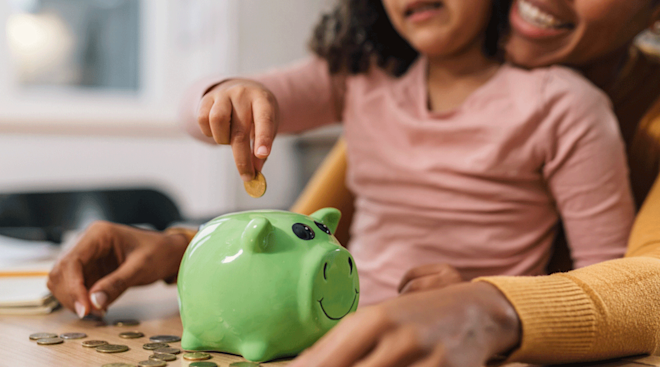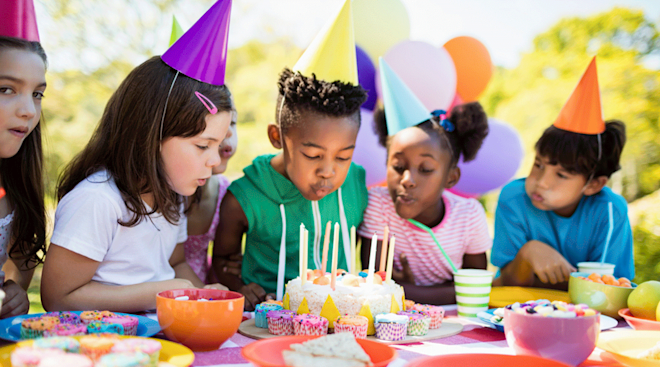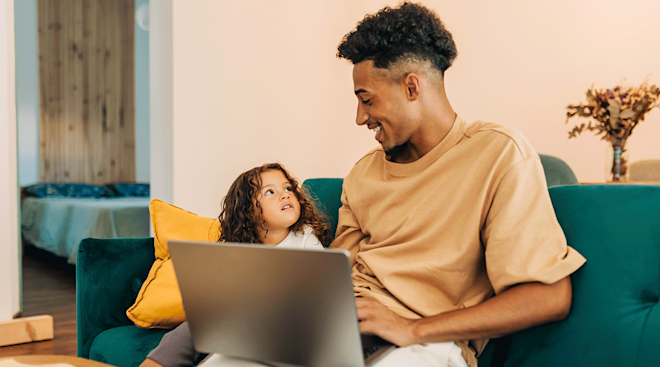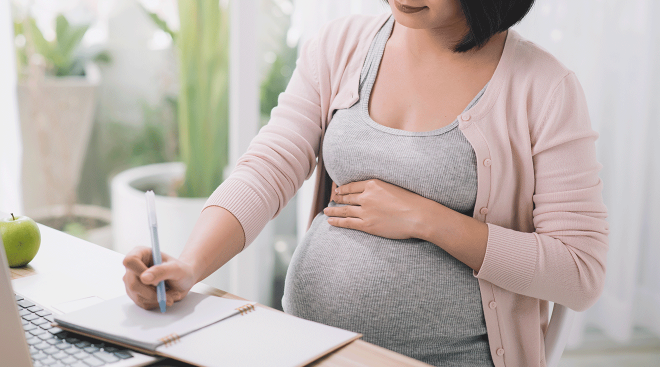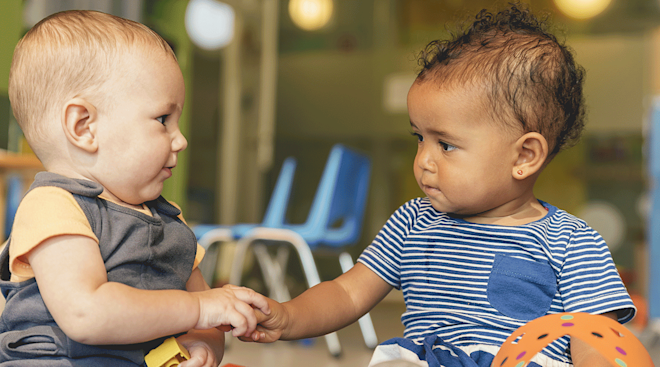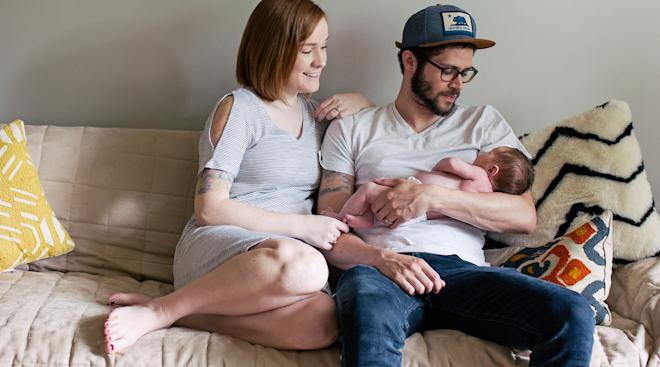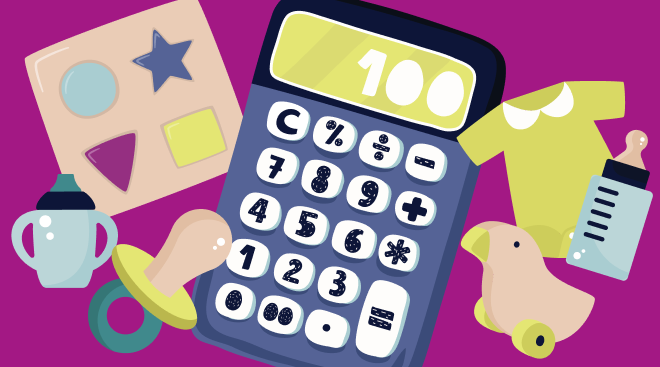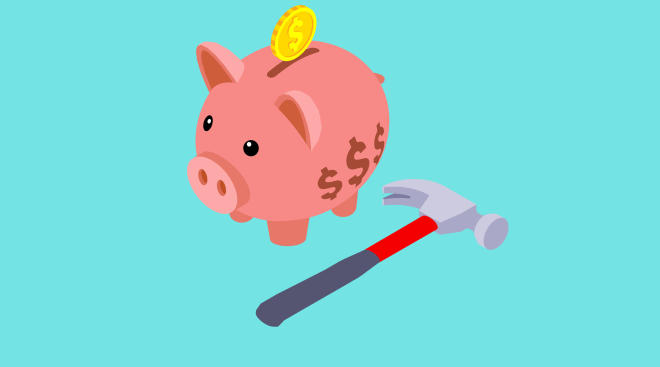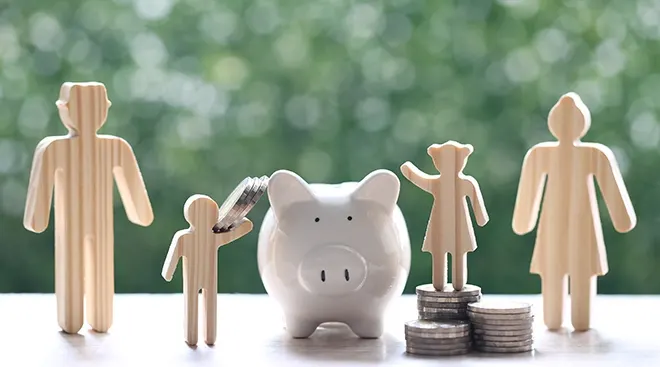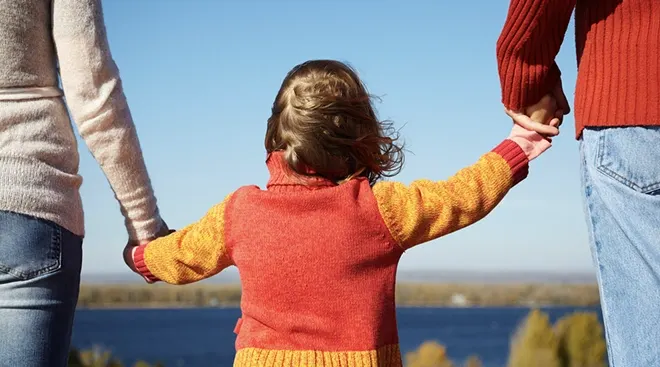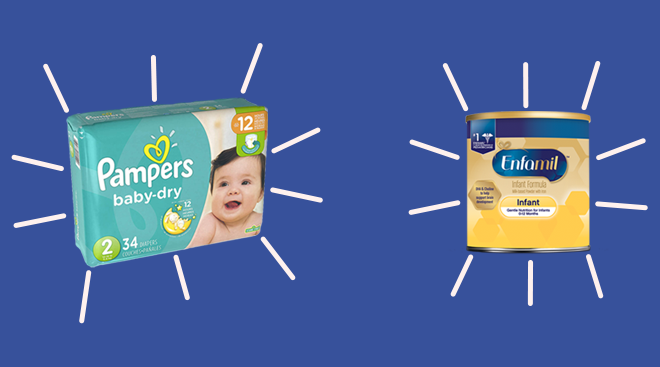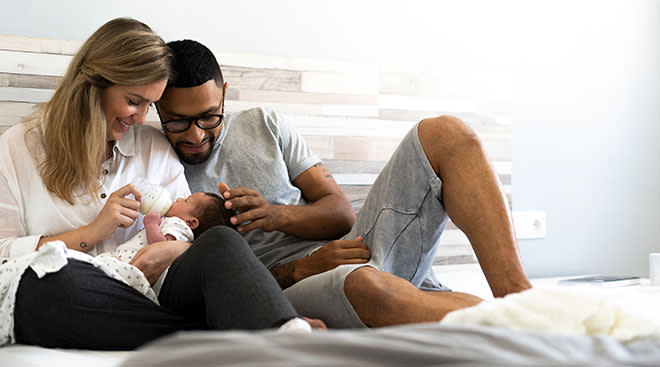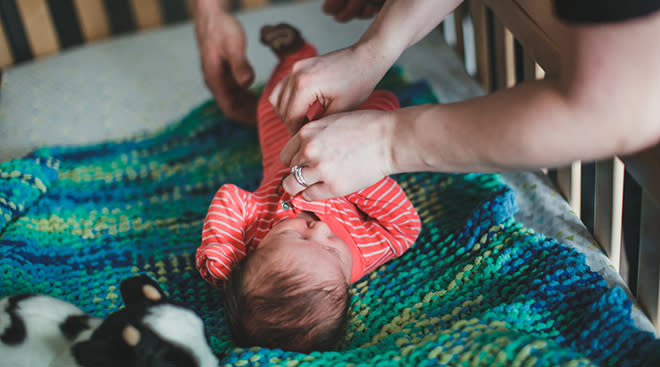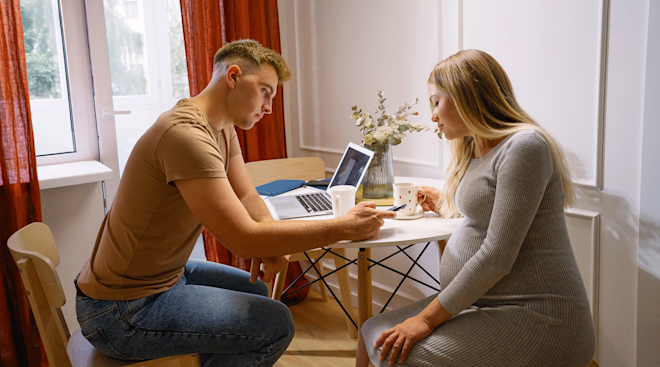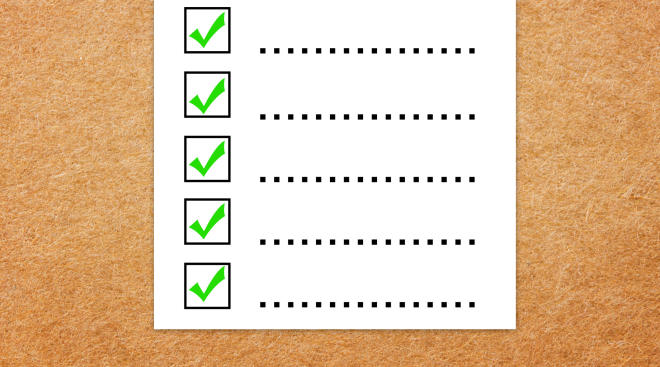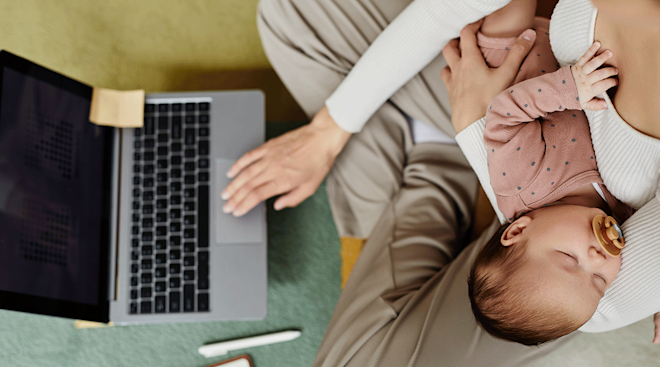90% of Baby Products Get Hit With Tariffs: What Parents Need to Know
Raising a child has never been cheap, but for many families, the price tag is starting to inch away from doable to almost insurmountable. A recent study estimates that having a baby adds nearly $22,000 per year to a family’s expenses. And now, on top of skyrocketing childcare and healthcare costs, a new hurdle is emerging: tariffs on baby products.
What’s Driving Up Costs
Much like tech and automotive goods, baby gear is facing steep price hikes due to tariffs on imports, particularly from countries like China, where a large portion of baby products are manufactured. According to the Juvenile Products Manufacturers Association (JPMA), nearly 90% of core baby products will be impacted. These core baby products include items critical to safety and daily care, such as car seats, cribs, strollers and high chairs.
Popular brands like Doona, Nuna, UPPAbaby and Cybex have already raised prices to accommodate tariffs, while others like Graco and Baby Jogger are expected to follow by May 11. Parents could soon face 20 to 25% price hikes on gear that’s already considered an investment, pushing $1,500 strollers and $800 car seats further out of reach and making even budget-friendly options harder to afford.
It’s not as easy as bringing manufacturing back to the US either. Outside of the time it would take to build, staff and start up new factories, the JPMA has expressed concerns that the US “lacks the necessary manufacturing infrastructure, skilled labor and tooling to produce these complex products domestically at scale.” As a result, the tariffs may lead to higher prices for parents and, at their worst, a potential shortage of essential baby products.
What Parents Can Do
For parents hoping to avoid the price spike, buying ahead of tariff hikes—or opting for secondhand gear—might seem like the smart move. But when it comes to products like car seats, that decision gets trickier. In a recent post, Michelle Pratt, a nationally certified child passenger safety technician and founder of Safe in the Seat, reminds families that new car seat safety regulations will take effect on June 30, 2025. These include enhanced side-impact testing and updated performance labeling.
Michelle encourages parents to weigh several factors when choosing a car seat: like whether they’ll need one in the next few months, whether they’re comfortable with a model that meets current (but not upcoming) safety standards, or if they’d prefer to wait for a newer, potentially pricier option that meets the latest regulations.
What Change May Be on The Way
There’s hope beyond what individual parents can do. Nearly 50 members of the US House of Representatives issued a statement opposing price increases on essential baby gear and asking Commerce Secretary Howard Lutnick to work with the Trump administration on an exemption from tariffs. The JPMA has also joined the movement, asking for an exclusion process similar to the one introduced in 2019.
“Ensuring products for the care and safety of our most vulnerable citizens—infants and young children—remain available to all American families at the lowest possible cost must be prioritized,” said Lisa Trofe, executive director of JPMA. “Tariffs, particularly those on Chinese imports, will negatively impact product categories like car seats and cribs that safety experts unanimously agree are critical to keeping babies and young children safe.”
“Tariffs will mean higher costs for consumers, placing a heavy and unnecessary burden on families that will undoubtedly result in fewer babies and toddlers having access to products critical to their safety,” Trofe added. “The results can be devastating when families are forced to rely on secondhand or older products that do not meet current safety standards; makeshift alternatives that create risks; or even going without protective products at all.”
Navigate forward to interact with the calendar and select a date. Press the question mark key to get the keyboard shortcuts for changing dates.


































